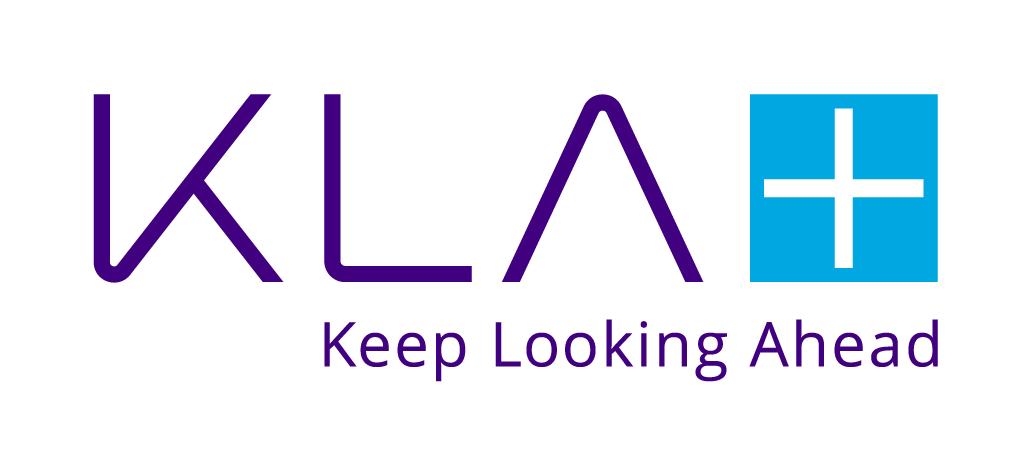Next BeCPP UG Meeting Planned for April 22nd, 2025
I’m happy to announce that the next meeting of the Belgian C++ Users Group is planned for Tuesday April 22nd, 2025 at 18:00 at KLA.
KLA ( https://www.kla.com/ ) is sponsoring this event by providing the location, drinks and catering.

The agenda is as follows:
- 18:00: Reception with food.
- 18:30: Session 1: Algorithm intuition revisited (Bruno Hendrickx)
In this talk, we delve into the concept of “algorithm intuition,” a term coined by Conor Hoekstra, inspired by Sean Parent’s influential “C++ Seasoning” presentation. While data structure intuition is a natural development for most software developers, algorithm intuition often requires more deliberate work.
This presentation aims to revisit and expand upon Hoekstra’s insights, exploring how a deeper understanding of standard algorithms can help to ease problem solving in modern C++.
We will examine key algorithms from the Standard Template Library (STL), demonstrating their practical applications and how they can be leveraged to write more efficient, readable, and maintainable code. - 19:30: Break
- 19:45: Session 2: Compile-Time Emulation of an 8080-Inspired System in C++ (Tom Tesch)
Emulating an 8080-like system is a great exercise in low-level programming—but what if we could optimize it at compile time? This talk starts with a simple interpreter and then refines it using modern C++ techniques like constexpr and std::array, shifting work to the compiler to reduce runtime overhead and improve performance. - 20:45: Introduction to KLA, followed by a drink.
We will be giving away two copies of Professional C++, 6th Edition.

The event is free for everyone, but you need to register for it.
There are 75 seats available for this event.
Note: The deadline for registrations is April 20th, 2025!





















